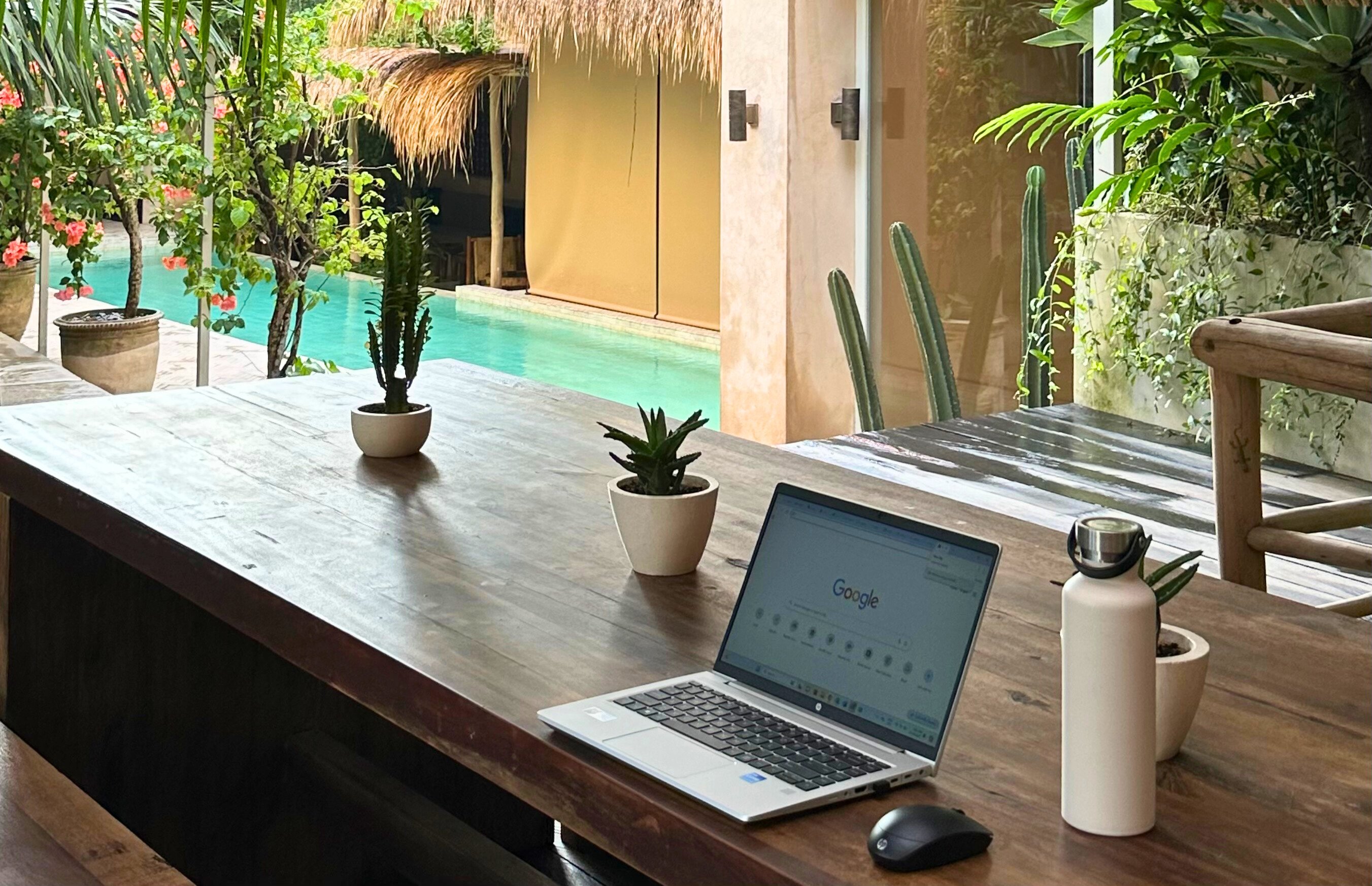- News
- Medical Careers
- 7 min read
Gender disparity in unpaid overtime among Australian healthcare workers
This International Women’s Day, we highlight some differences between experiences of male and female health workers, and explore the systemic reform required for change.
- By: Admin
- September 27, 2024

According to the June 2022 report by Deloitte and Swinburne University of Technology – Reset, Restore, Reframe: Making Fair Work FlexWork – women are more likely to work unpaid overtime than men.
Although the survey encompassed workers from all industries, responders who identified as health workers were able to be segmented. Researchers found that 1 in 4 female health workers are not being compensated for overtime, compared to less than 1 in 5 male workers. Females are also working more hours each week.
In addition, according to a March 2021 report by Grattan Institute – Women’s work: The Impact of the COVID crisis on Australian women, the COVID pandemic increased caring responsibilities, affecting not only women’s paid work, but also their education. The study found that there were 40,000 fewer Australian women aged 25-44 enrolled in study between May 2019 and May 2020, as opposed to 35,000 more enrolments for Australian men. Women were also found to be taking on additional workloads and part-time roles during the crisis.
Possible reasons for the disparity
- Gender stereotypes – with a focus on nurturing and caregiving, healthcare roles are often largely associated with women, which may lead to women being targeted first to work more overtime or assigned extra caregiving duties.
- Family responsibilities – Women are more likely to be primary care providers for children and other family members. This can make finding balance more difficult for women, which may lead to working longer shifts.
- Discrimination – Along with being targeted and expected to work overtime by employers more than men, women are likely to be paid less than male colleagues, and may be passed over for promotions. This may lead to women feeling they need to say yes to unpaid overtime to keep their roles or advance their careers. A majority of women report experiencing harassment and non-inclusive behaviours at work, but few report these experiences to employers.
- Lack of support – Women often experience a lack of support both at home and at work, which can make it more difficult for them to take time off to rest, and manage their workload. Some women feel they need to work overtime to keep up with responsibilities, and don’t feel like they are supported or can ask for help.
- Workplace culture – in many workplaces and in particular healthcare settings, there may be a pervading culture that values long hours and expects over time, making it difficult for women to say ‘no’ to extra unpaid work, and to prioritise their own well-being.
Unpaid Overtime in Flexible Work
The study also showed that 1 in 3 flexible location health workers are not compensated for overtime, while 1 in 8 frontline workers regularly provide unpaid overtime. It’s important to note here that flexible work is more than just remote or hybrid working. The term also encompasses job sharing, part-time hours, and flexible rostering. There are also many health workers that are choosing flexibility by working part-time for more than one employer. According to Deloitte’s Women @ Work 2022: A Global Outlook report, women who choose flexible, remote or hybrid work report exclusion from important meetings, and, despite efforts towards flexibility, 53% of respondents say their stress levels are higher than they were a year ago.
Finding Solutions
With the recent pandemic exacerbating an already burned-out health workforce, many organisations have been quick to implement strategies to ‘treat’ the issues, rather than discovering the core experiences of their employees, and laying foundations to lessen the risk of burnout and counter the prevalence of unpaid overtime.
Organisations need to meet workers where they’re at, understanding their needs for flexible work, what will increase their well-being, and quick wins that will improve their day-to-day work satisfaction.
The existence of gender disparity in unpaid work, and work expectations, needs to be recognised as a systemic issue, and organisations need to work to create a more equitable and supportive workplace culture for all employees. Policies need to address discrimination and bias and actively dismantle gendered work expectations while promoting gender equality.
Once organisations understand their employees’ needs, then policies that support a range of flexible work opportunities, tailored to achieving work-life balance, can be implemented.
Read more
Three ways to manage stress and burnout https://wave.com.au/blog/3-ways-doctors-can-manage-stress-and-burnout/
Developing Resilience to Increase Happiness https://wave.com.au/blog/developing-resilience-to-increase-happiness/
Related Articles
-
 Sep 27
Sep 27Inspiring Inclusion in Healthcare
On International Women’s Day 2024, we reflect on the importance of inclusive women’s healthcare and addressing gender-biased care experiences.
- News
- Medical Careers
- Admin
- 6 min read
-
 Jun 19
Jun 19Wavelength's Future: Founder-Led & Focused on Healthcare's Evolving Needs
Discover Wavelength International's exciting leadership evolution as Co-founder Dr John Bethell returns to an Executive Director role, joining Claire Ponsford. Learn how our founder-led vision is shaping the future of medical recruitment in Australia.
- News
- Wavelength
- 2 min read
-
 May 29
May 29On the Same Wavelength - Even from Bali!
Explore how Wavelength’s Wave Worldwide perk lets staff work from abroad—and helped us become one of AFR’s Best Places to Work.
- News
- Trends
- We are Wavies
- Wellbeing
- Innovation
- Wavelength
- 2 min read
Related Programs
-
 Sep 27
Sep 27Inspiring Inclusion in Healthcare
On International Women’s Day 2024, we reflect on the importance of inclusive women’s healthcare and addressing gender-biased care experiences.
- News
- Medical Careers
- Admin
- 6 min read
-
 Jun 19
Jun 19Wavelength's Future: Founder-Led & Focused on Healthcare's Evolving Needs
Discover Wavelength International's exciting leadership evolution as Co-founder Dr John Bethell returns to an Executive Director role, joining Claire Ponsford. Learn how our founder-led vision is shaping the future of medical recruitment in Australia.
- News
- Wavelength
- 2 min read
-
 May 29
May 29On the Same Wavelength - Even from Bali!
Explore how Wavelength’s Wave Worldwide perk lets staff work from abroad—and helped us become one of AFR’s Best Places to Work.
- News
- Trends
- We are Wavies
- Wellbeing
- Innovation
- Wavelength
- 2 min read
